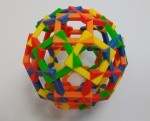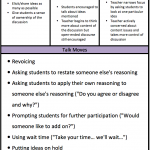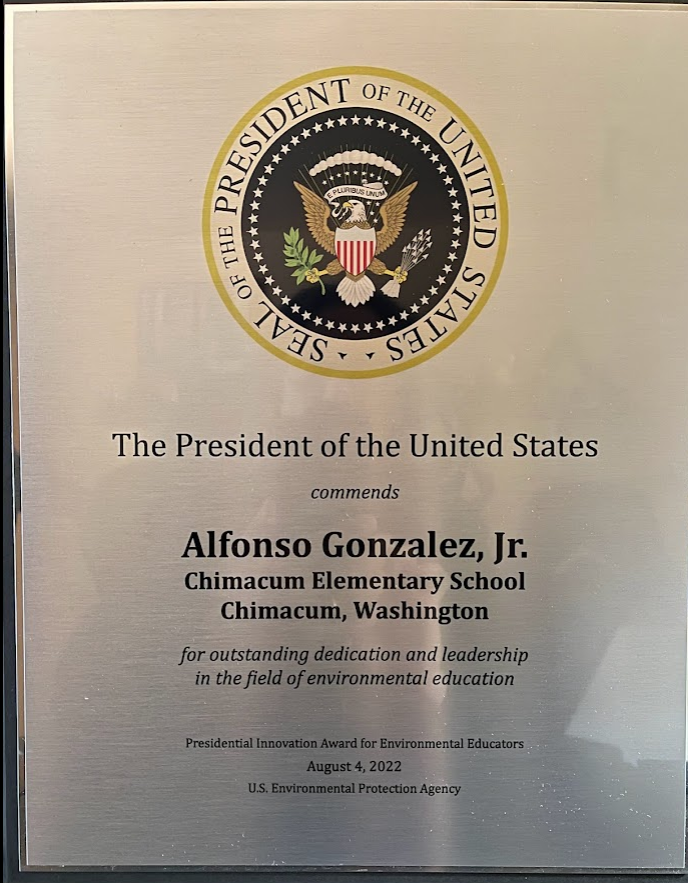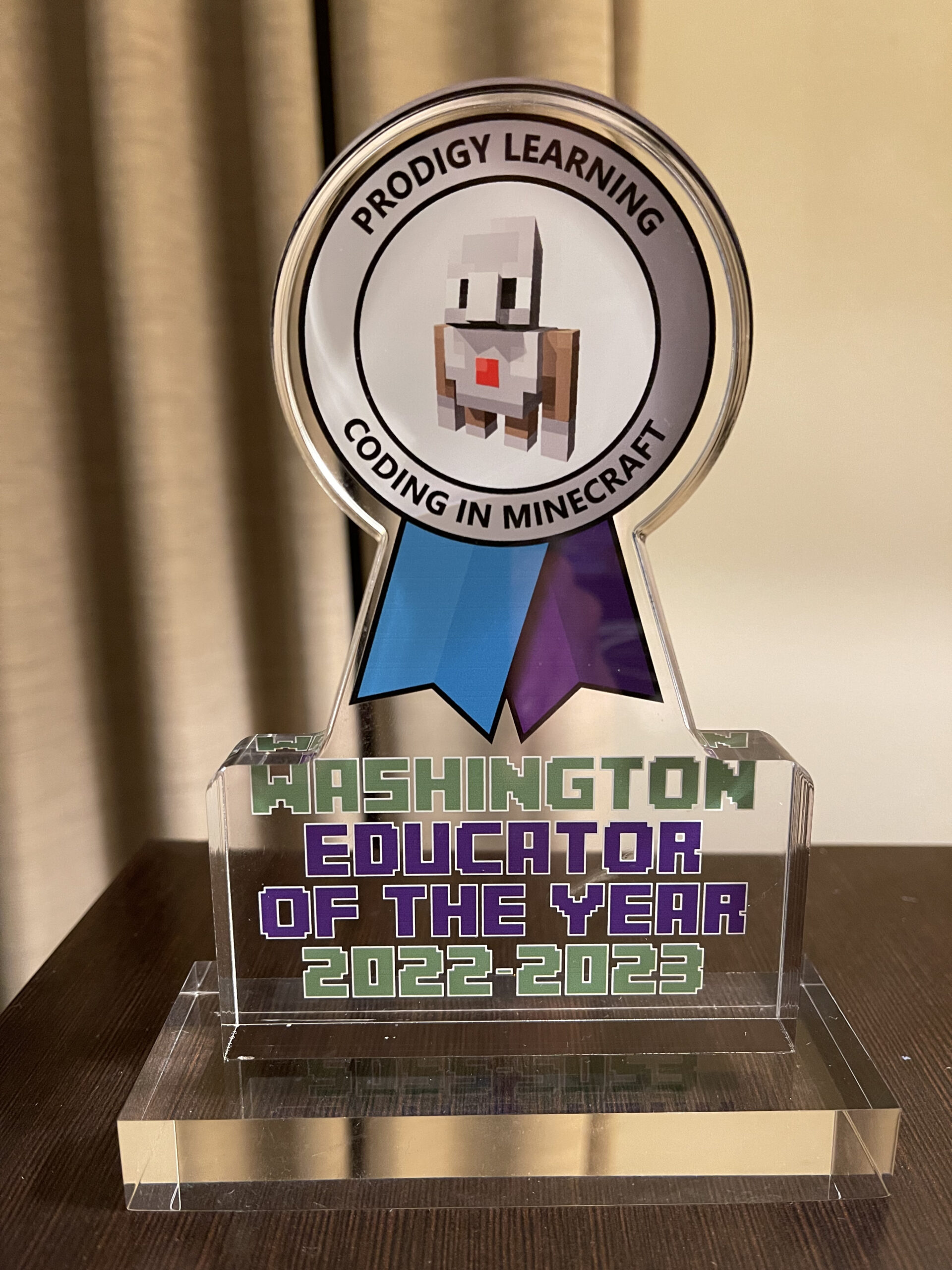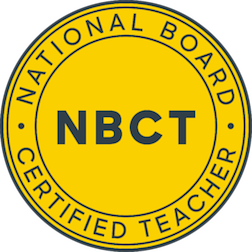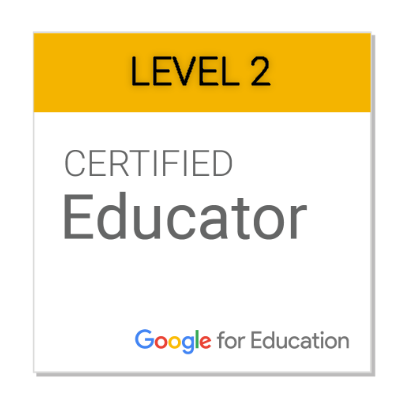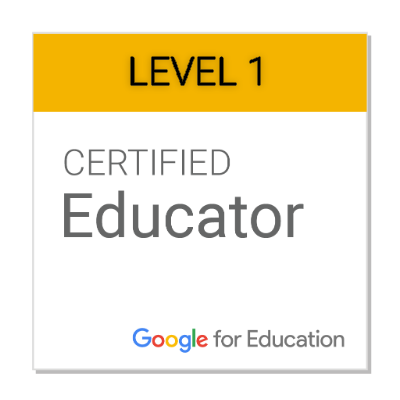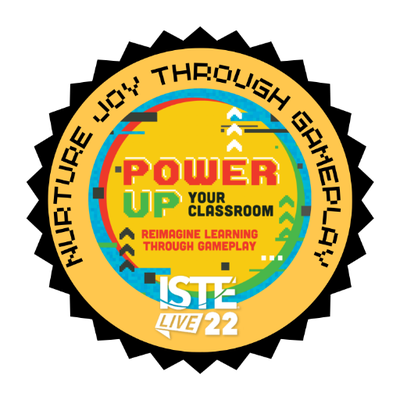[This is part of a series of posts I’m writing as I reflect on another online course I’m taking this summer, Stanford University’s EDUC115N How to Learn Math. Sure, I’m a Science teacher but I have taught Math so I’m familiar with Math instruction. Besides, we do use Math in Science so it’s not like I don’t do any Math with my students and my NB certification is an early adolescent generalist, which means I’m an integrationist at heart.]
So what can we do? As with anything you want to dispel, like Science misconceptions for example, we have to surface the preconceptions to challenge them with facts or truth. As a matter of fact one strategy of assessment for learning (AfL) is eliciting preconceptions! We use that a lot in Science because if we just teach new concepts without eliciting what students come to class thinking they know about the world then it’s not as effective at replacing their preconceived notions with real Science.
I like using Google Forms to survey my students. Questions I ask include, “Do you like Science?” “How Scientific are you?” Or, “Do you think you are good at Science? Why or why not?” I see that even in 6th grade kids have already convinced themselves that they are not good at Science or worse, that they hate Science. My opinion is that even if you aren’t going into any Science related fields you can still think and do Science and be literate enough to know how things work. And that’s how it is for Science I imagine Math is even worse. I find that kids who have determined that they aren’t good at Math really hold on to that belief and sometimes passionately.
- So begin by eliciting your students’ preconceptions about their Math or Science or other content area ability.
- Research found that asking kids what they value also helps so include a question about their values (not what people value, it has to be what each individual student values).
- Then show videos or some content that shows students the research that says ALL students can learn and do Math! Growth Mindset research (I use this one) is good stuff to show at this point. Also evidence that failure (I use this one) is necessary for learning and a good thing!
- In order to prove that you value making errors and that when making errors the brain grows new connections that it doesn’t grow when you’re getting an answer correct, you need to stop grading students for learning. We cannot punish students for making mistakes by lowering their percentage with fewer points and convince them that we value making mistakes.
- So instead of grades give kids feedback, all kids not just the high achievers, that will help them learn from their mistakes and progress. Balance this with allowing kids to struggle. In other words, don’t do the work for them, too much feedback, and don’t give them too little feedback either.
- In addition to the feedback, let kids know that you believe in them. Studies show that simple gesture made a huge difference. Not fixed mindset praise but just letting kids know that we believe they can learn and get better. Here’s a Daniel Willingham post with research on this point: Fighting stereotype threat in African American and in female students.
What we have to work against is a culture that dislikes Math and where Math stereotypes abound. It’s reinforced in school, in the home, in TV, on the Internet. Before our culture catches up we have to start in our classrooms dispelling as many myths as we can. It has to be taught deliberately and often. The next step will be making changes in school. I’ll write more later about once such change that will be difficult – tracking or ability grouping.

